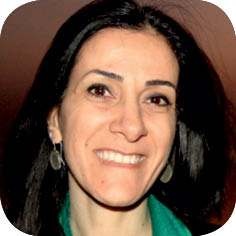The political conditions of the State of Palestine over the past two decades, marked by the Oslo Accords, have created a special reality in Jerusalem, a city that hols a unique position among Palestinian cities. Jerusalem has become isolated from its natural Palestinian environment, access is forbidden to anyone who does not live in it, and its character is threatened by expropriation – carried out under any pretext and name. Jerusalem has an ancient history, yet today its people and history face the challenge of securing their day-to-day survival, and they must do this on their own, alone.
Israeli plans for Jerusalem aim at the Judaization of its fabric and character and strive to remove and erase any trace of its Arab roots and human depth.
But the main conflict in Jerusalem is not only over stones, houses, streets and alleys that, even though important to preserve, can be retrieved one day. More crucial are the human beings whom Israel intends to remove, together with their Arab culture and Palestinian spirit that give the city its roots and sense of belonging. Arab culture is replaced instead with a culture of consumption that carries no viable elements, presence, and influence. And here lies the focal problem.
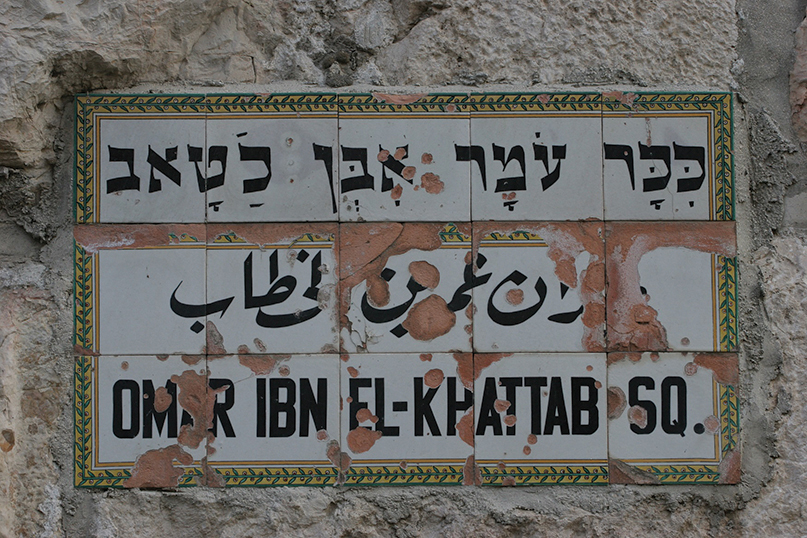
There is a significant decline in the general cultural scene in the occupied capital, Jerusalem. If we sum up the reasons, this is due to a number of factors: Not only do the occupation and its policies aim to reduce Palestinian culture to “folkore,” the Palestinian government is unable to operate in Jerusalem, as it is committed to signed agreements that prohibit its activities in the capital. Thus, Jerusalem is not given any priority in policies. Nor is the steadfastness of Jerusalem’s people or of the city’s Palestinian institutions (including cultural centers) supported in ways comparable to the support that the occupiers invest in their programs. Moreover, Palestinian Jerusalemites have become reluctant to participate in the offered events, mainly for social, religious, and economic reasons. Thus, and additionally, many individuals and institutions have moved their events to other Palestinian cities, where safety and liveliness are secured, such as in Ramallah.
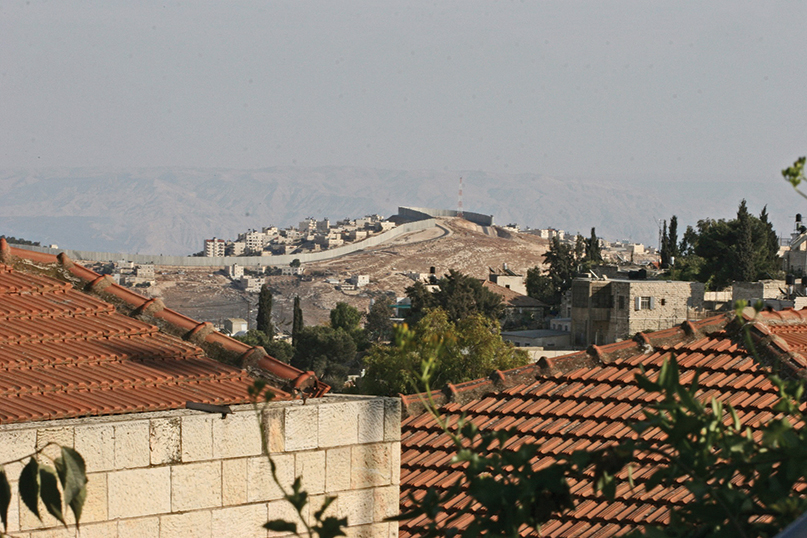
The challenges Palestinian cultural institutions in Jerusalem are facing can be summed up as follows:
First, the political situation in Jerusalem carries unique challenges that are associated with the policies of domination, uprooting, obliteration, and destruction that assault our city. Palestinians in Jerusalem suffer from a complex system of persecution that affects youth in particular and comprises political oppression, isolation, and alienation, all with the aim of erasing a sense of Palestinian identity and national consciousness. The working environment in occupied Jerusalem is marked by political instability, and excessive security procedures hamper the ability to implement activities and programs. There is no formal representative body that could serve as a point of reference, be of aid in decision-making, or provide security in the city. Jerusalem is closed off physically by military checkpoints and the Separation Wall, and intangibly by repressive policies that entail the suppression of cultural events and closures of institutions.
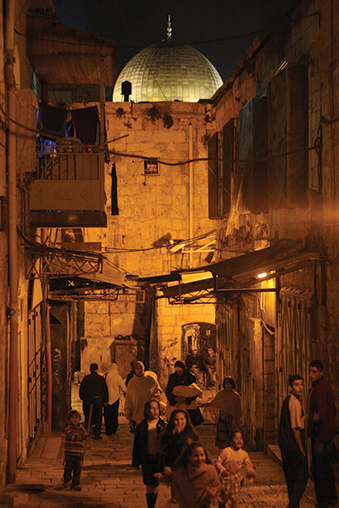
Bringing Palestinian artists to Jerusalem requires a lengthy and unpredictable procedure of obtaining entry permits, which makes it very difficult to ensure continuity of action and requires the planning of at least one alternative option to assure that programs can be carried out. This adds tremendous psychological pressure and increases financial expenditure. Religious intolerance, societal backwardness, and takfiri ideology (accusations among Muslims of apostasy) pose additional challenges. As a result of increasing emigration, Christians – once a major component of Jerusalem’s community structure – are diminishing in numbers, and with them an element of their effective cultural presence is disappearing.
The second challenge relates to funding and sustainability. It is a known fact that Jerusalem has a higher cost of living than other Palestinian cities. Also, funds from donors are mostly project-oriented, which poses the problem of securing ongoing expenditure coverage, i.e. running costs. Additionally, cultural centers feel that culture in general, and culture in Jerusalem specifically, do not get their fair share of funding, neither from donors, nor from the Palestinian government, be it officially or un-officially. It seems that culture is not a high priority even when it comes to social responsibility. Finally, one has to take into account that taxation in Jerusalem is intolerable.
The third challenge relates to the reluctance of the Jerusalem community to attend events due to social and political conditions and to a lack of security. Jerusalem’s artists live in difficult circumstances, and cultural centers suffer financially and technically, as they are lacking the ability to attract capacities. Nor are these institutions able to entice youth and the public at large to participate in changing the currently infertile cultural discourse. Small initiatives operate without awareness of their goals or principles; they are simply riding the wave of culture, thus weakening the prevailing artistic and cultural tastes and pushing towards low production and merely-technical results. Adding to that is the unfortunate fact that international tourists, who are important for Jerusalem’s economy, do not engage with the culture of the Palestinian people but with the distorted culture of the city.
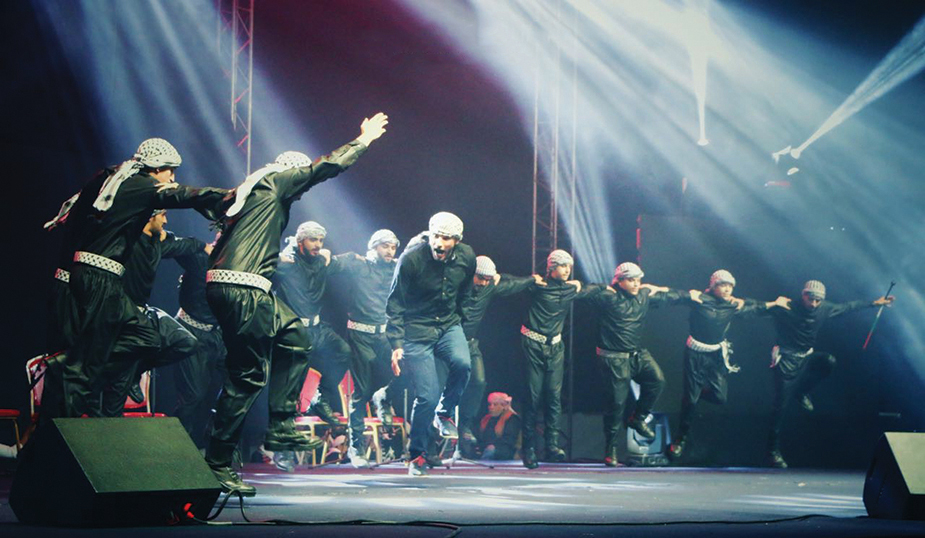
On the other hand, the popularity of dabke and other forms of popular Palestinian dance has increased significantly among Jerusalemite youth, and families are encouraging their children to obtain an education in music. Visual artists are continuing to create, and theaters are offering workshops and producing plays that find their, albeit small, groups of devoted attendees. And despite diminishing financial support, music and dance performances, as well as art exhibitions are slowly re-entering the market. Therefore, all stakeholders interested in the development of the cultural and artistic life in Jerusalem, the official and the popular, are facing great challenges. This is especially true for Jerusalem art centers. There is a strong and urgent need to formulate policies that will lead to a change in reality in the various cultural fields.
Within the framework of a strategic vision for Jerusalem, which it shares with the Palestinian Ministry of Culture and other cultural institution within the Jerusalem Arts Network SHAFAQ, Yabous has developed a framework outlining the overall Palestinian cultural strategy. This framework takes into consideration the priorities of the city and aims to respond to current needs. It guides the formulation of a plan of action that shall foster cultural growth and help fill our human need for the promotion and enjoyment of the arts and culture in our daily lives – which is a basic right, also for Palestinian Jerusalemites.
The flourishing of culture in Jerusalem will not be accomplished as long as the freedom of expression, belief, and cultural action is prohibited. The right to cultural expression will neither be respected nor realized as long as politics are dominated by the isolation of unwelcome intellectuals from community action; as long as concepts based on the idea of being either “with” or “against” are the principal trend; as long as intellectuals and artworks are categorized into “appropriate” and “inappropriate,” “lost” and “rational” – and what constitutes rational when such a categorization is determined by a sergeant in the army who may not have read a book in his lifetime and is your avowed enemy.
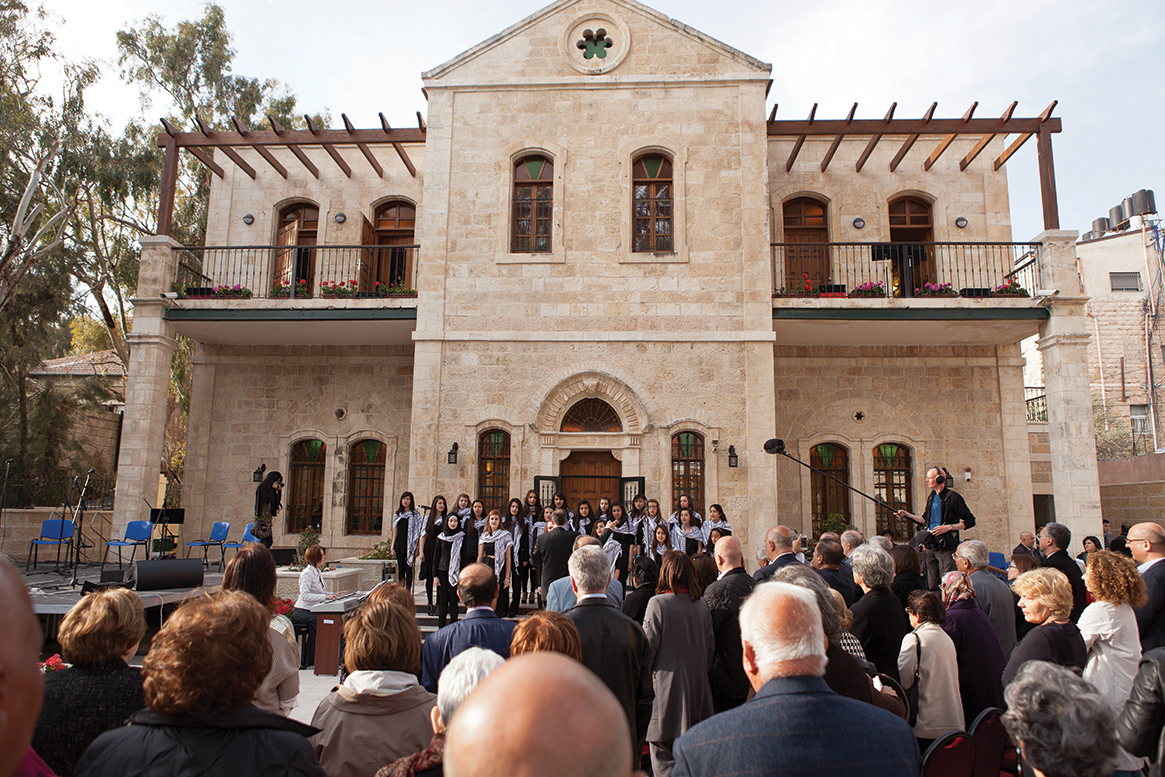
Culture in the State of Palestine will be well, however, as long as poets, writers, artists, and intellectuals in various disciplines are active; as long as site producers and creators are aware of the edge on which they stand; as long as we are doing everything in our power to save the soul from erosion, from being cast off into distant memory and near extinction; as long as we remain keen to preserve the authenticity of human values, of timeless truth, and of beauty.
Culture in Jerusalem will be well because we will continuously search for new ways to preserve our heritage, let our voices be heard, exercise our right to write and work in culture, remain in existence and hope. We will continue to fight for the freedom and attainment of our legitimate aspirations – even if there exists occupation.
Culture in Jerusalem is well because we can boast with great stories of success and with continuous, daily cultural work and activities in Jerusalem.
Yabous Cultural Centre has been operating in Jerusalem for the past 22 years. As a representative of a traditionally much richer legacy, Yabous is among the few Palestinian institutions that are still standing in Jerusalem. But similar to all other cultural centers in Jerusalem, Yabous’ mission has been anything but easy in securing operations and survival despite the challenges the center faces. Like all cultural institutions in Jerusalem, the center continuously strives to preserve the Palestinian identity and culture of Jerusalem. Despite limited and intermittent funding, Yabous was able to renovate and revive the historic Al Quds Cinema on Al Zahra Street, which was built in the nineteenfifties but closed after the outbreak of the First Intifada in 1987. Parts of the cinema have been completely renovated, and they have been brought back to life with a wide range of cultural activities that have taken place here since 2011.
Yabous is now working on the second phase of renovations: a hall named after the late Faisal Husseini, in recognition of the significant role he played for Jerusalem and Palestine, will be inaugurated this year.
Yabous, as all stakeholders working in the field of culture in Jerusalem, is faced with the question: Where do we stand? And where are we heading? In Jerusalem, the only clear answer we have is that everything we do and offer falls within the process of continuous engagement with the occupier and entails the concept of resistance: culture is resistance … resistance is also a culture. Therefore, our guiding principle is that “culture was and will remain a form of resistance, challenge, and steadfastness in the occupied city.” Under this slogan we work and will continue to work towards serving our beloved Jerusalem!
With this message we invite you to be part of the activities in Jerusalem. We welcome you to our main event in Jerusalem, the Jerusalem Festival that in its 22nd edition will take place from July 18 until 25.Let us bring life to Al Quds, The Luminous City of Culture.

